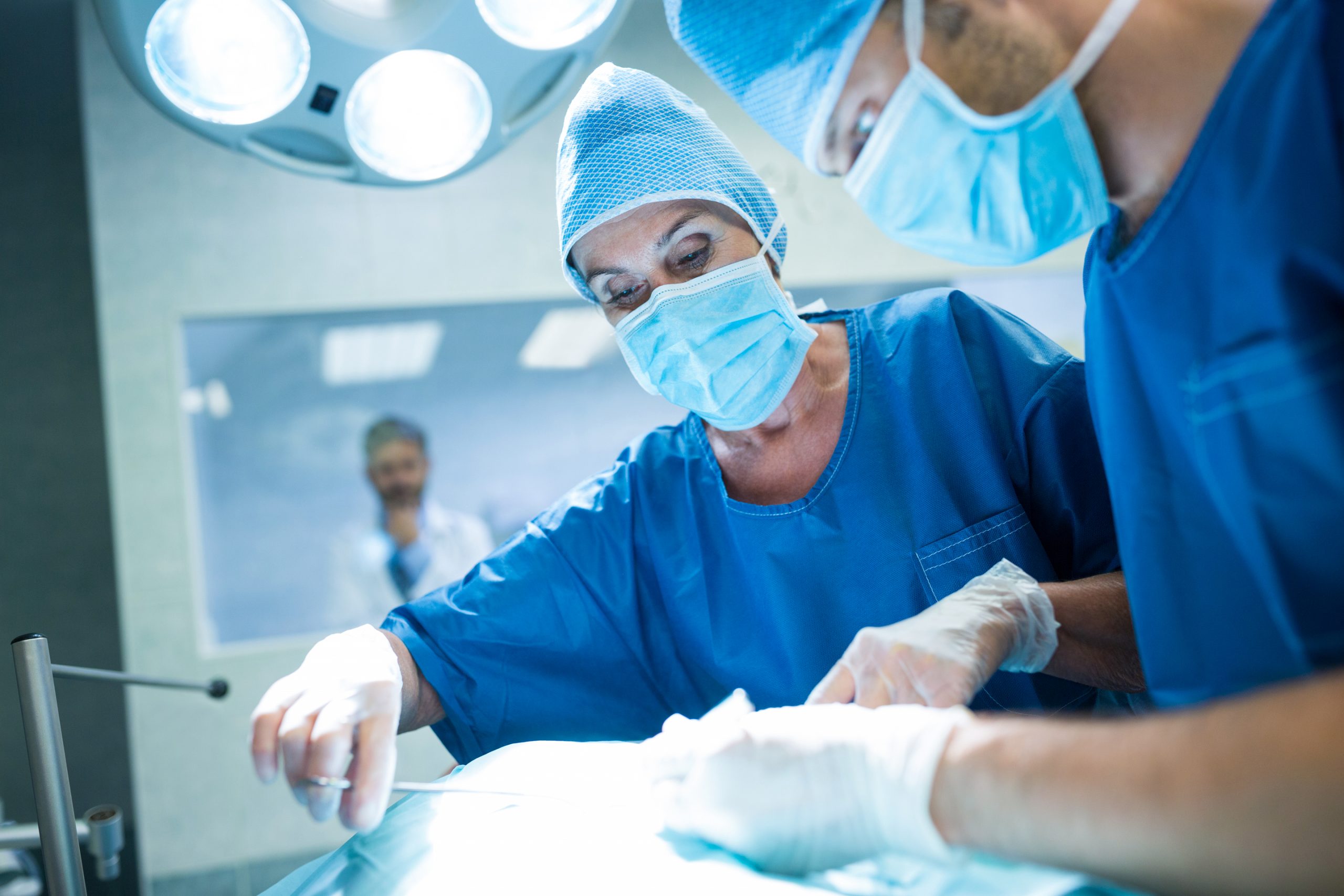

During their training, surgeons frequently require the supervision of more experienced doctors who may mentor them on their technique. This may be changing as a result of a new artificial intelligence system developed by Caltech researchers and Keck Medicine of USC urologists that intends to provide surgeons with vital feedback on the quality of their job.
The new Surgical AI System (SAIS) aims to deliver objective performance ratings to surgeons in order to improve their profession and, by extension, the results of their patients. When given a video of a surgical procedure, SAIS can determine the sort of surgery being performed as well as the quality with which it was carried out by a surgeon.
“In high stakes environments such as robotic surgery, it is not realistic for AI to replace human surgeons in the short term,” says Anima Anandkumar, Bren Professor of Computing and Mathematical Sciences and senior author of the studies. “Instead, we asked how AI can safely improve surgical outcomes for the patients, and hence, our focus on making human surgeons better and more effective through AI.”
SAIS was trained on a vast amount of surgery video material that had been annotated by medical personnel. Individual distinct motions, such as grasping a needle, driving it through tissue, and withdrawing it from tissue, were used to evaluate surgeons’ performance. SAIS was charged after training with examining and rating surgeons’ performance during a wide range of procedures utilizing footage from several facilities.
“SAIS has the potential to provide surgeon feedback that is accurate, consistent, and scalable,” says Dani Kiyasseh, lead author of the studies, a former postdoctoral researcher at Caltech and now a senior AI engineer at Vicarious Surgical. The hope, according to the researchers, is for SAIS to provide surgeons with guidance on what skill sets need to be improved.
The team improved the AI’s capacity to justify its skill assessments to make the tool more valuable to surgeons. By referring to specific video clips, the AI can now advise surgeons about their degree of ability and provide extensive comments on its reasoning for making that evaluation.
“We were able to show that such AI-based explanations often align with explanations that surgeons would have otherwise provided,” Kiyasseh says. “Reliable AI-based explanations can pave the way for providing feedback when peer surgeons are not immediately available.”
Early on, SAIS researchers discovered an unintentional bias in the system, in which the AI assessed surgeons as more or less adept than their expertise would otherwise imply based purely on a study of their general movements. To solve this issue, the researchers instructed the AI system to only focus on relevant portions of the surgical video. Narrowing the emphasis reduced, but did not eradicate, the bias, which the researchers are still working on.
“Human-derived surgical feedback is not presently objective nor scalable,” says Andrew Hung, a urologist with Keck Medicine of USC and associate professor of urology at Keck School of Medicine of USC. “AI-derived feedback, such as what our system delivers, presents a major opportunity to provide surgeons actionable feedback.”
more recommended stories
 Phage Therapy Study Reveals RNA-Based Infection Control
Phage Therapy Study Reveals RNA-Based Infection ControlKey Takeaways (Quick Summary) Researchers uncovered.
 Safer Allogeneic Stem Cell Transplants with Treg Therapy
Safer Allogeneic Stem Cell Transplants with Treg TherapyA new preclinical study from the.
 AI in Emergency Medicine and Clinician Decision Accuracy
AI in Emergency Medicine and Clinician Decision AccuracyEmergency teams rely on rapid, accurate.
 Innovative AI Boosts Epilepsy Seizure Prediction by 44%
Innovative AI Boosts Epilepsy Seizure Prediction by 44%Transforming Seizure Prediction in Epilepsy Seizure.
 Hypnosis Boosts NIV Tolerance in Respiratory Failure
Hypnosis Boosts NIV Tolerance in Respiratory FailureA New Approach: Hypnosis Improves NIV.
 Bee-Sting Microneedle Patch for Painless Drug Delivery
Bee-Sting Microneedle Patch for Painless Drug DeliveryMicroneedle Patch: A Pain-Free Alternative for.
 AI Reshapes Anticoagulation in Atrial Fibrillation Care
AI Reshapes Anticoagulation in Atrial Fibrillation CareUnderstanding the Challenge of Atrial Fibrillation.
 Hemoglobin as Brain Antioxidant in Neurodegenerative Disease
Hemoglobin as Brain Antioxidant in Neurodegenerative DiseaseUncovering the Brain’s Own Defense Against.
 Global Data Resource for Progressive MS Research (Multiple Sclerosis)
Global Data Resource for Progressive MS Research (Multiple Sclerosis)The International Progressive MS Alliance has.
 AI Diabetes Risk Detection: Early T2D Prediction
AI Diabetes Risk Detection: Early T2D PredictionA new frontier in early diabetes.

Leave a Comment